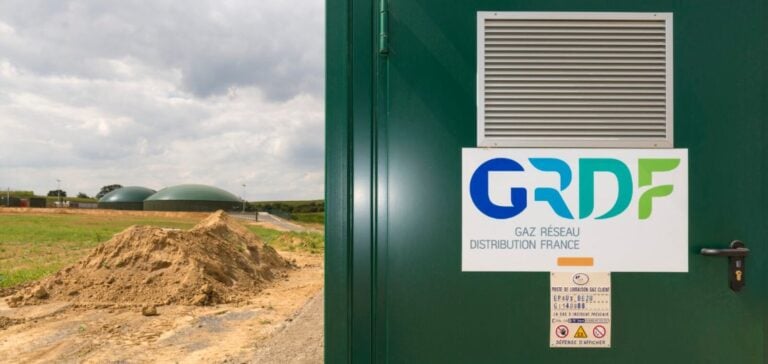French gas distributor GRDF has announced its commitment to a significant reduction in CO2 emissions linked to gas consumption in France. In 2023, 47.3 million tonnes of CO2 equivalent were emitted by the 10.7 million households, businesses and industries connected, representing 12.3% of national emissions. GRDF’s plan aims to reduce these emissions to 39.1 million tonnes by 2030, marking a 32.59% reduction since 2009.
Emissions reduction strategies
GRDF intends to achieve its objectives through innovation in energy conservation, improvements in energy efficiency, and the adoption of high-performance equipment. Increased use of green gases is also at the heart of the decarbonization strategy. Laurence Poirier-Dietz, Managing Director of GRDF, stresses the importance of replacing older boilers with more efficient models to achieve significant savings and reduce the carbon footprint.
The role of gas in energy security
Despite declining consumption, reaching its lowest level since the 90s in 2023, GRDF defends the essential role of gas in France’s energy security. The company is banking on the greening of gas, asserting that electrification will not be able to cover all future energy needs. Targets include increasing the injection of green gas into networks, aiming for 60 TWh by 2030, or 20% of national consumption.
Investment in green gas
GRDF forecasts that 100% of distributed gas will be decarbonized by 2050, with planned production of 420 TWh, including 100 TWh of hydrogen and 130 TWh from waste methanization. The company is also exploring emerging technologies such as pyrogasification, hydrothermal gasification and power-to-methane to produce these green gases.
Of the 381 TWh of gas consumed in France in 2023, large energy-intensive industrial companies, which are connected to GRTgaz rather than GRDF, accounted for 28.6%. This distinction highlights the different gas market segments in France, and underscores the need for specific approaches to decarbonization in each sector.






















